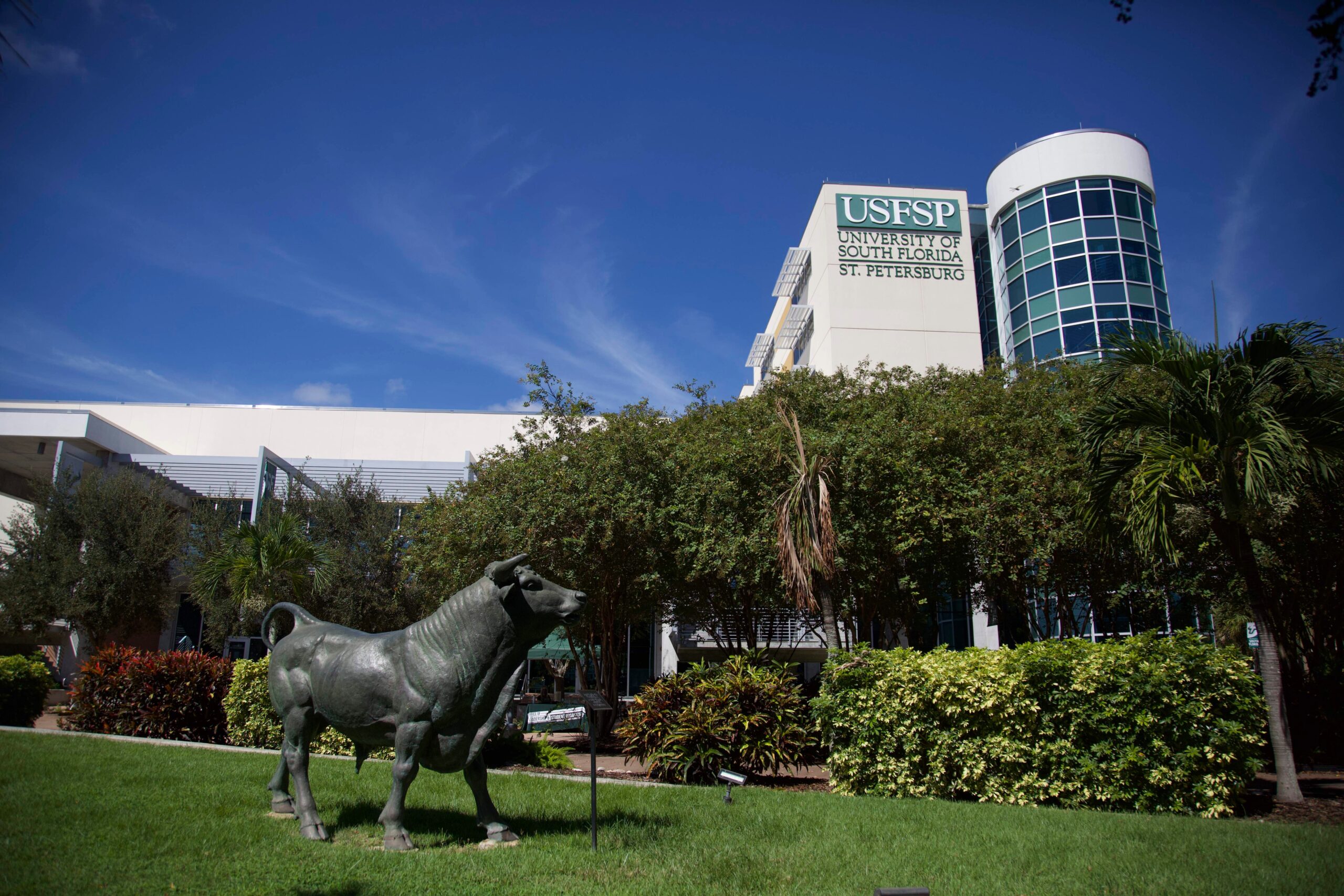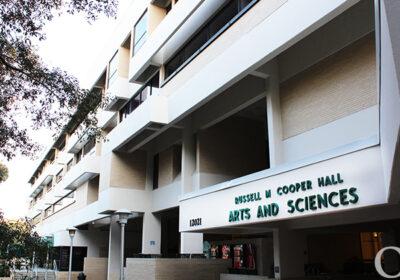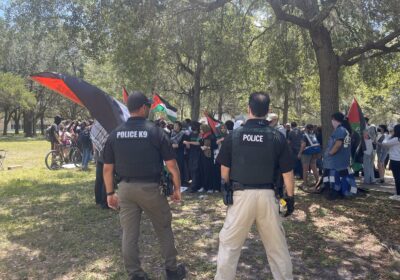USF to design new Climate Action Plan focused on sustainability

USF is making plans to create a new Climate Action Plan that spans all three campuses as a way to set and develop new goals focused on sustainability for future semesters.
The Office of Sustainability plans to use the new Climate Action plan to increase student and faculty engagement within the university’s environmental goals. The plan will include the concerns of faculty and staff from all campuses and create a more tailored approach to the environmental milestones students and faculty want to reach, according to Thomas Frazier, chair of the Climate Action Plan committee and dean of the College of Marine Science.
As an approach to gauge input universitywide, the Office of Sustainability sent a survey Oct. 6 to rank the community’s interests on what the Climate Action Plan should focus on. The survey consisted of multiple open-ended as well as ranked responses.
The survey asks students, faculty and staff to rank issues based on importance. Topics include people, practices and policies, systems and technologies, supply efficiency and reliability, alternatives to fossil fuels, renewable energy, waste management and transportation.
People also have the opportunity to include what goals they believe should be focused on, obstacles the university faces, as well as topics the survey may have missed.
In the old Climate Action Plan, the university focused on sustainability projects on the Tampa and St. Pete campuses, which served as a map to direct the steps and goals that should be taken to achieve a greener campus in 2010 and 2016, respectively. With a new plan in the works, Frazier said he is aiming to unite all three campuses under the same Climate Action Plan.
There is no set timeline yet for the new Climate Action Plan, but Frazier said the survey was launched this year to begin the process of engaging students while creating the new plan.
Frazier said the Office of Sustainability is looking toward a more inclusive model of its future Climate Action Plan and its potential programs. He said the achievements made through the plan should reflect the student body and faculty.
“You can’t move a sustainability plan forward without engaging the student population and welcoming their participation,” Frazier said.
A potential student body advisory board is currently being drafted to keep this engagement alive, according to Frazier. Students will be able to propose new issues to the board they wish to be addressed through the Climate Action Plan.
“We hope to establish a governance structure and/or potential advisory body to engage students,” Frazier said.
The updated timeline for the Climate Action Plan is still pending, according to Frazier. He said the contents of the individual plans from the Tampa and St. Pete campuses will be considered once the survey results are gathered and analyzed.
“We had the opportunity to work with a consultant to make the road map in order to assess interest in stakeholders, our students and faculty,” he said.
Frazier said the Climate Action Plan will potentially focus on a few energy-inefficient problems across campuses mentioned in previous Climate Action Plans, including transportation, and acknowledge the number of students that commute to campus.
Stations for recyclables and trash would become more prevalent inside buildings and resident halls to prevent littering or improper waste disposal. These stations would be maintained and emptied on a regular basis, according to the USFSP Climate Action Plan.
Other goals Frazier hopes to achieve through the new plan includes increasing efficiency in energy expenditure, reducing the reliance on fossil fuels and searching for greener alternatives for waste.
The university will share more information regarding the plan following the survey’s deadline. Frazier said the survey will enable the committee to develop a detailed approach to environmental issues that fit the needs of faculty and students across campuses.
“I want to make it clear that there was nothing wrong with the old Climate Action Plan. This is now a great opportunity to bring all three campuses together,” Frazier said. “The past Climate Action Plans are living documents and we are obligated to revisit them.”







